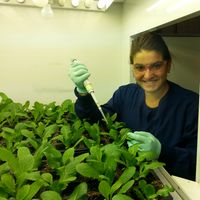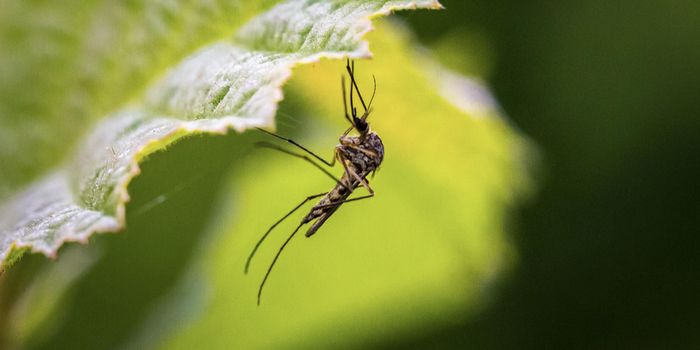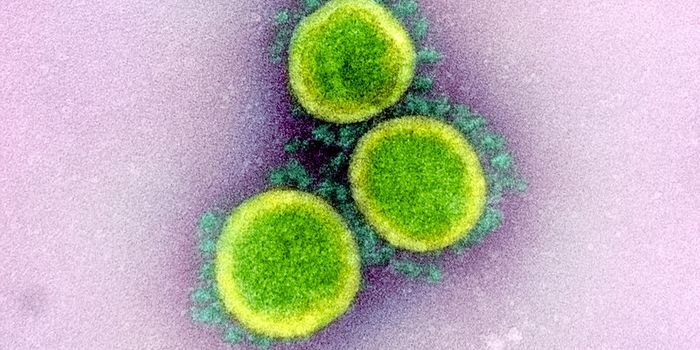Dietary Resistant Starch Increases Lipid Metabolism in Gut Bacteria
Most of us already know we should be eating more complex carbohydrates, but have you ever wondered what the science behind this theory is? Starches, such as potatoes and grains, are made up of long chains of glucose. Sometimes, a small part of these glucose chains pass through the digestive tract remaining unchanged. In other words, they are resistant to digestion. Many studies have shown that these resistant starches (RS) can have powerful health benefits including improved insulin sensitivity, lower blood sugar levels and reduced appetite.
Resistant Starch (RS) is an example of a complex carbohydrate and prebiotic that is relatively resistant to degradation in the small intestine by a starch degradation enzyme produced by the host. Credit: Lifeway
There are four types of known resistant starches (RS): Type one RS can resist digestion because the starch is bound within the fibrous cell wall of the grain. Type one RS are physically inaccessible to the microbes in the gut and are most commonly found in grains, seeds and legumes. Type two RS are native granular starches consisting of ungelatinized granules found in foods such as raw potatoes and bananas. Cooking type two RS foods can alter the structure of the starches, converting them from RS to digestible starches. Type three RS are formed when foods such as potatoes are rice are cooked than cooled again. This cooling process is known as retrogradation which turns digestible starches into resistant starches. Type four starches are man made starches that are developed through a chemical process and most commonly purchased in the form of a supplement, such as a prebiotic.
According to a recent article published in this month's issue of mBio some prebiotics include carbohydrates that are resistant to degradation in the small intestine, but are metabolized by microbes in the colon and converted into short-chain fatty acids by fermentation, which can directly or indirectly affect the health of the host. Some studies have identified specific taxa of bacteria that could be directly affected by RS metabolism in the colon including Faecalibacterium prausnitzii, Eubacterium rectale, and Ruminococcus bromii.
In a recent study, scientists studied the microbiome in stool samples from a cohort of individuals who had a prescribed diet of either high or low levels of RS in a crossover study design. The study included 39 participants with reduced insulin sensitivity in order to determine whether the diet would improve insulin sensitivity. Authors of the study used a multidisciplinary approach using a combination of "omics" including 16S rRNA gene sequencing, metaproteomics, and metabolomics.
The authors concluded that a high RS diet specifically increases the ratio of Firmicutes to Bacteroidetes bacterial species in the gut. They report that an increase in Firmicutes prausnitzii is correlated with an increase in the production of a specific protein known as phosphoenolpyruvate carboxykinase (ATP), which is an enzyme involved in several reactions of pyruvate metabolism. This is an important discovery considering Firmicutes prausnitzii has been previously identified in microbial imbalance, known as dysbiosis, and helps protect the gut from invasion by other harmful bacteria.
Other enzymes, including alpha-amylase, were reduced in the high RS diet. They were also able to observe a correlation between a high RS diet and an increase in fatty acyls and sterol lipids indicating an increase in lipid metabolism in the gut. This work helps to bridge the knowledge gap regarding the relationship between diet and the gut microbiome during the digestion of resistant starch as well as the metabolic pathways involved.
Sources: mBio, Healthline









